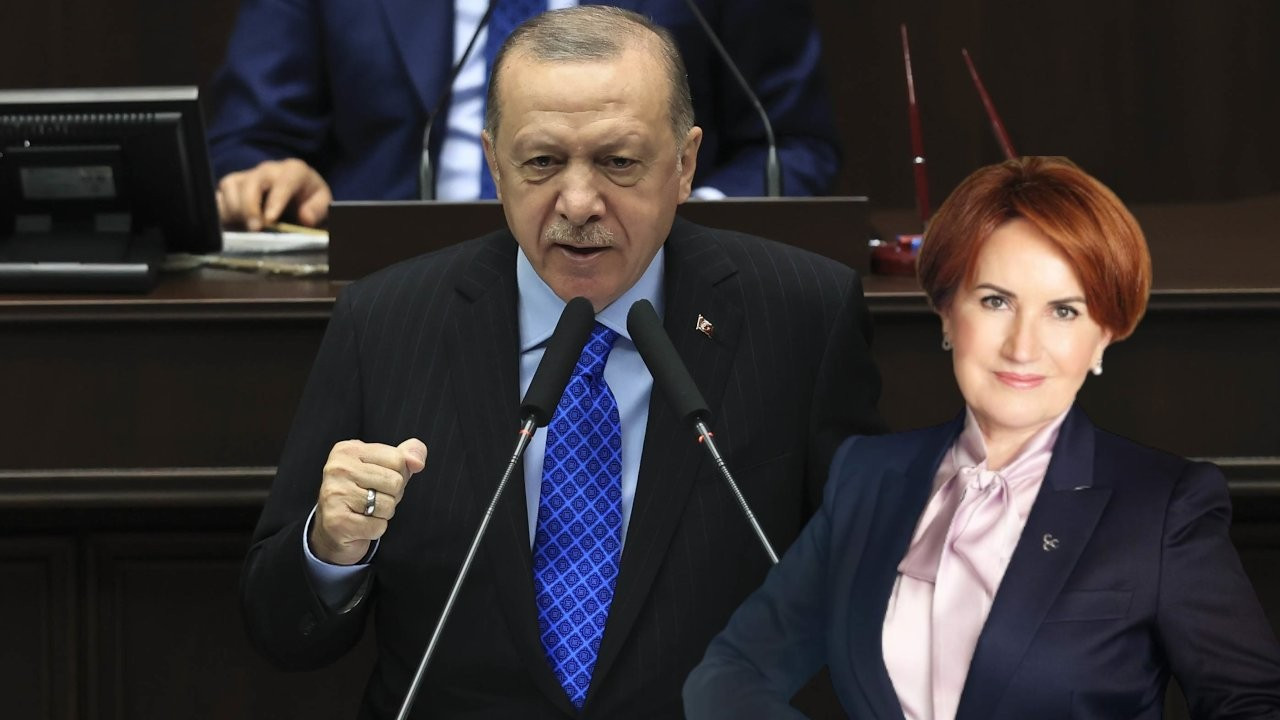A new kind of nationalist opposition for Turkey
Meral Akşener’s ascent to the top leadership position of a political party is a story worth telling. She has been successful in creating a new model of the Turkish center-right and a new type of moderate nationalism. Thus, she has become not only the standard of a proud Turk who promotes internationalist and pro-Western integration of Turkey, but a political challenger and concern for the ruling coalition.
Female political leaders are not a very common occurrence in today’s Turkey. Therefore, when a woman climbs the political ladder, it is a story worth telling. Meral Akşener’s ascent to the top leadership position of a political party has not been an easy one.
Back in 2016, Akşener tried to become the party chairman of the ultra-nationalist ruling coalition partner the Nationalist Movement Party (MHP), which she had been a member of. In the spirit of good old fashion political-judicial trickery, she was blocked from even pushing for a party congress. Despite strongly negative attitudes from the MHP voter base toward the leadership of the party, and following the July 2016 coup attempt, Akşener was quickly labeled a ‘traitor’ by the party chairman and had to leave the party.
The dividing line between Akşener and MHP leadership was the distance they preferred to keep from the ruling Justice and Development Party (AKP). The MHP, once staunchly opposed to the AKP and Recep Tayyip Erdoğan, switched sides and gave Erdoğan a hand after the June 2015 elections, when the AKP lost its single-party majority for the first time since 2002. The shift came as the AKP decided to put a stop to the resolution process with the Kurdish population in Turkey and took a more nationalist stance, which they thought benefit them politically. Elections were held again in November 2015 and the MHP, lead by Devlet Bahçeli, became a critical partner of the AKP for another mandate to govern Turkey. Aksener remained firmly on the opposition side and, following her departure from the MHP, formed the İYİ Party together with a group of trusted allies. The İYİ Party went on to become a new, center-right opposition to the AKP and stood firmly opposed to the projects of the presidential system and the overall authoritarian nature of Erdogan’s rule.
The AKP’s stance towards the İYİ Party has been inconsistent. There have been times when Erdoğan called Akşener to join the governing coalition, while at the same time accusing her of “cooperating with terrorists.” Akşener’s job is not easy, but it is unique. She is trying to position herself as a bridge between the opposition block and the disappointed voters from the AKP and MHP. She has been trying to develop and maintain a pacified nationalist-conservative position which is non-threatening to the opposition. The opposition front, the Nation Alliance, to which she belongs, has been strategically supported by the pro-Kurdish Peoples’ Democratic Party (HDP). Because of this sensitive relationship, one wrong move could hurt both the opposition front and İYİ Party.
Kadir Has University in Istanbul has been conducting annual public opinion polls directed at perceptions of Turkey’s foreign policy. In the latest one, by looking at these perceptions through party preference breakdowns, and focusing on the peculiarities of the İYİ Party voter base, it can be concluded that we might be witnessing the birth of a new type of Turkish nationalism.
The AKP-MHP coalition seems to have birthed a new Turkish mainstream model. As AKP supporters become more nationalist, MHP supporters become more religious, they have begun to build their profile of a new Turkish patriot. In this process, the parties seem to have changed one another. The ruling coalition has become the embodiment of the infamous 1980 coup plotters’ dream of a kind of “Turkish-Islamic synthesis.”
On the other hand, Akşener’s İYİ Party and its supporters seem to be offering an alternative to the traditional nationalist voters, with more secular, internationalist views. The İYİ Party seems to have been successful in promoting to its voters a type of nationalism which centers Turkey’s interests in international cooperation.
At the very beginning of Kadir Has’ research questionnaire, people are asked to define themselves. 27 percent of the total sample define themselves as conservative/religious; this used to be 37 percent in 2019, and 33 percent in 2020. 24 percent define themselves as nationalist, which has virtually not changed from 23.5 percent in 2019. There is an obvious overall declining trend in people’s religious self-perception while nationalist sentiments have remained steady.
When viewed through the lens of political party preference, İYİ Party supporters seem to be most enthusiastic about the EU, with 74.4 percent supporting Turkey’s EU accession, while this support is at 63.4 percent for the center-left CHP voters and 61.8 percent of the pro-Kurdish HDP base. 24.4 percent of İYİ Party supporters say Turkey has no alternative to the EU, and only 5.8 percent of them say there must be an alliance of Turkic states as an alternative to the EU. In comparison, 11.9 percent of CHP supporters are in favor of this Turkic alliance.
Some of these indicators illustrate that Meral Akşener has been successful in creating a new model of a Turkish center-right and a new type of moderate nationalism. As an unconventional leader, when you consider the gender inequality in Turkey’s political landscape, Akşener has managed to build an unconventional connection with a base of pro-government conservative voters. Thus, she has become not only the standard of a proud Turk who still promotes internationalist and pro-Western integration of Turkey, but a political challenger and concern for the ruling coalition.


 Erdoğan praises attack attempt against İYİ Party leader, implies that more will followPolitics
Erdoğan praises attack attempt against İYİ Party leader, implies that more will followPolitics